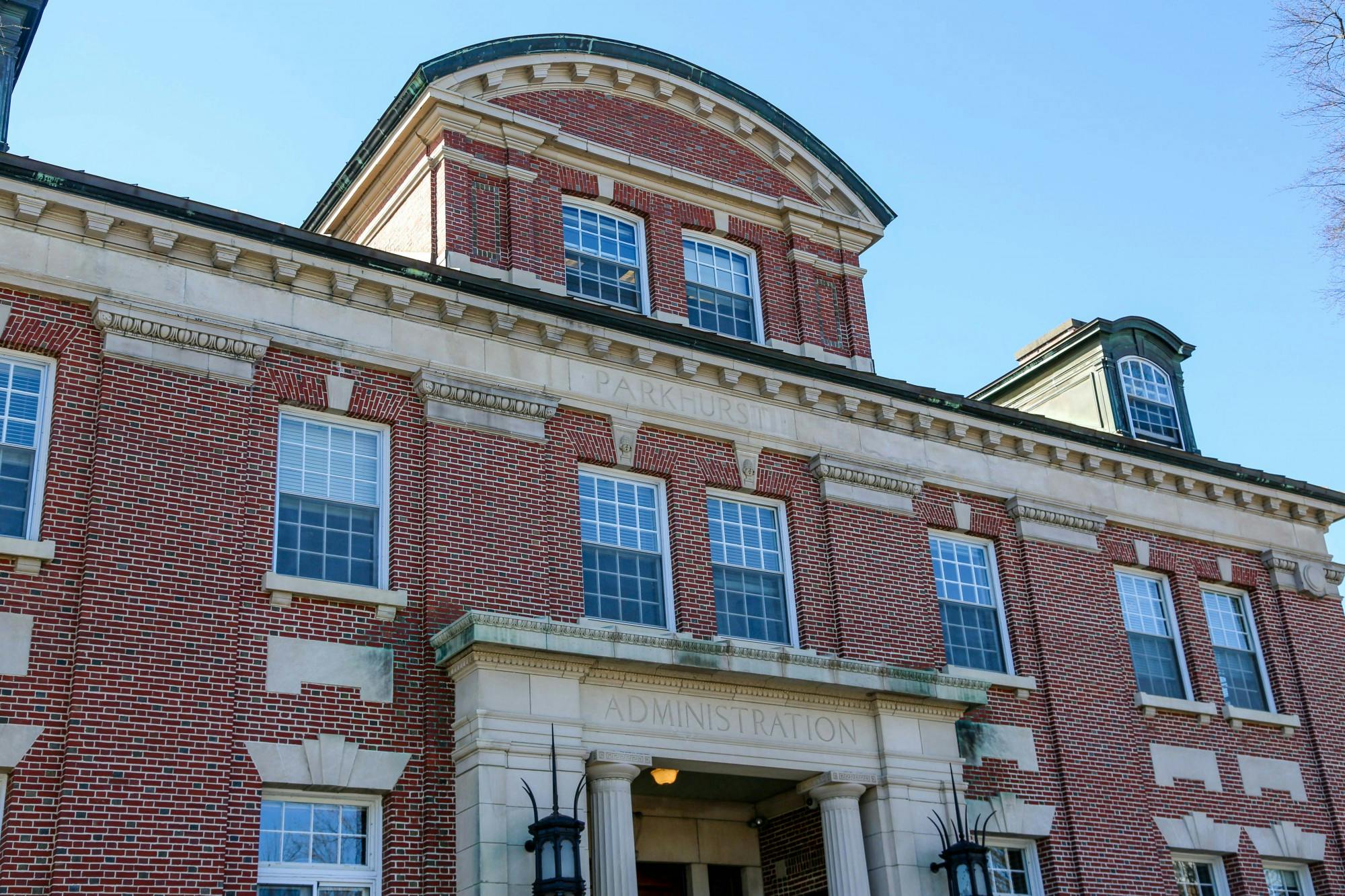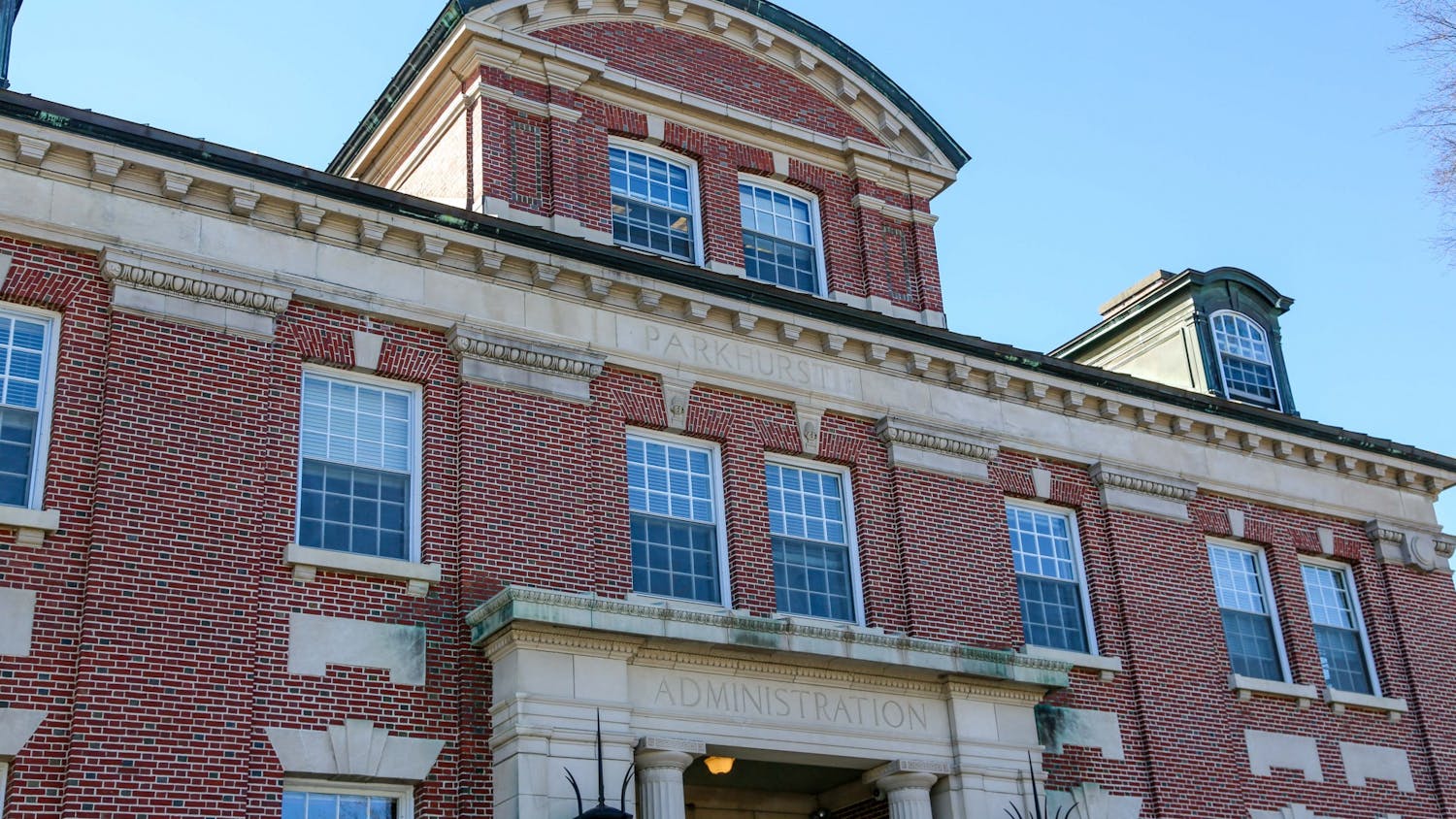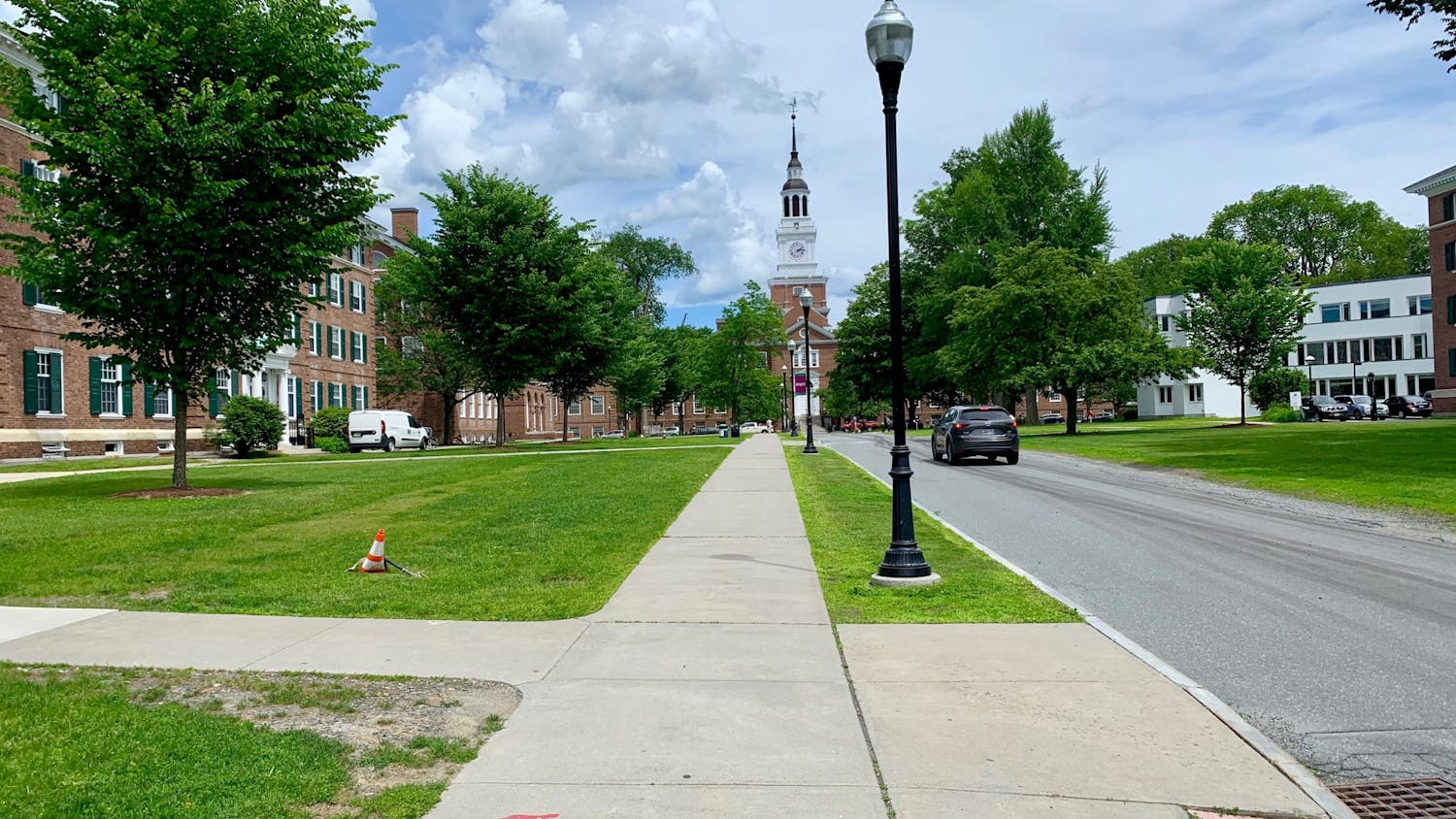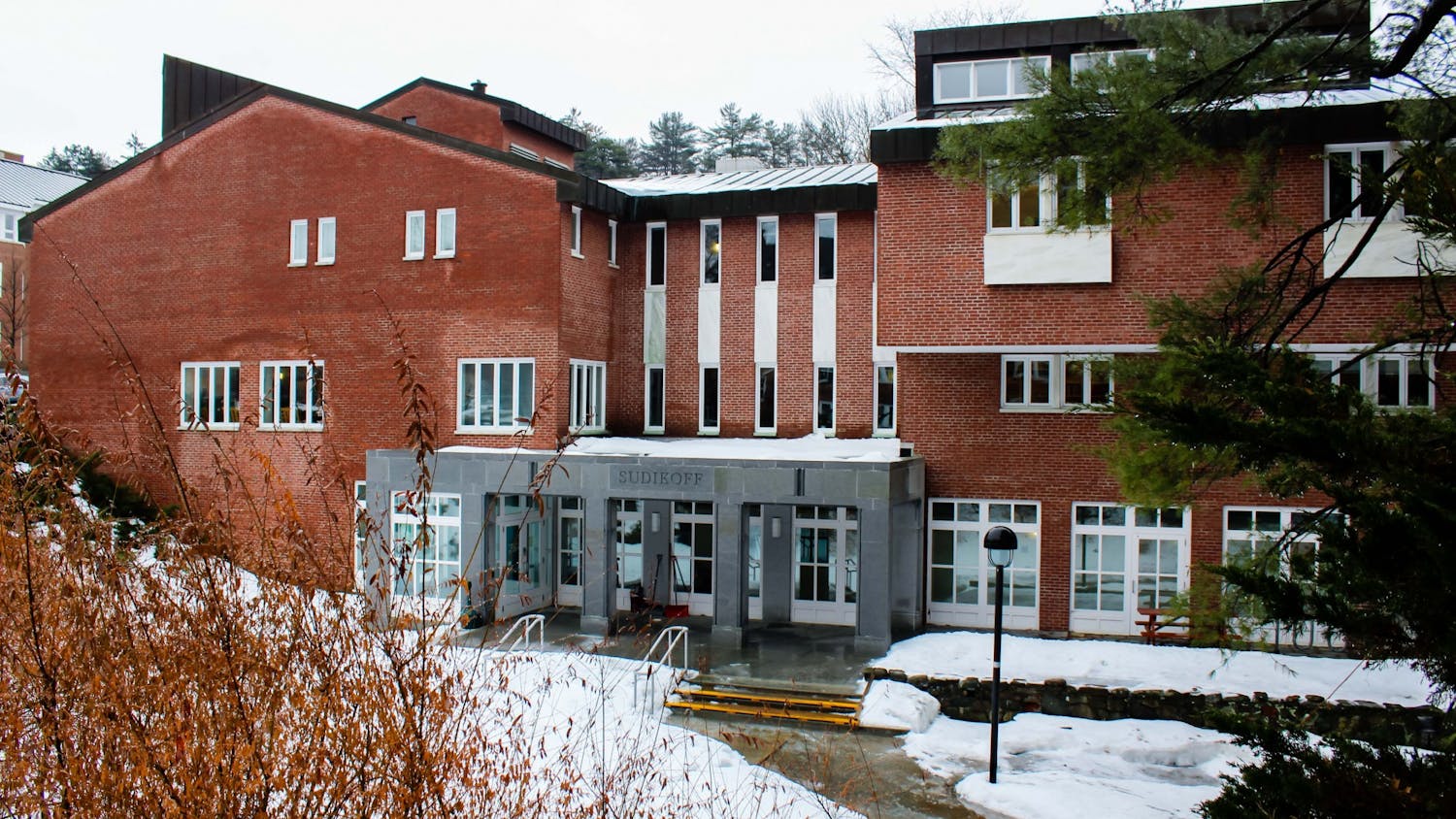College President Phil Hanlon, as University of Michigan provost, was aware of multiple allegations of sexual misconduct against a former professor and administrator when he recommended him for a promotion to the dean of U-M’s School of Public Health, according to an independent investigation into years of alleged misconduct released by the university on July 31.
The report finds that Hanlon “did not dismiss” the information he received, and that he conducted careful “due diligence” upon learning of the allegations. However, it notes that Hanlon “should have turned to trained investigators in [the Office of Institutional Equity], the office responsible for reviewing and investigating sexual harassment allegations, to pursue that inquiry.”
The investigation into allegations against U-M’s former provost and professor of toxicology Martin Philbert was launched in January 2020 after numerous women reported allegations of Philbert’s misconduct to the university. Conducted by the elite Washington D.C. law firm WilmerHale — partners include former FBI director Robert Mueller III and numerous other current and former public officials — the inquiry involved the review of over six million documents and interviews with 128 individuals. Philbert did not participate in the investigation, the report says, and declined to be interviewed or provide witnesses.
The subsequent 94-page report found “significant evidence” of conduct by Philbert that violated U-M’s sexual harassment policy and other university policies, including sexual jokes, comments about the physical appearance of female staff, uninvited personal interaction, unwanted physical and sexual advances including touching, hugging, kissing and “other sexual activity.” Philbert is also alleged to have engaged in “multiple sexual relationships with subordinate employees” — relationships which included “sexual relations in University offices and explicit photos that Philbert stored on his University-owned devices” — and to have made threats of retaliation when women sought to end their relationships with him.
The alleged incidents span Philbert’s career at the university as an associate professor, professor, associate dean for research, dean of the School of Public Health and provost of the university. The earliest alleged incidents occured in the late 1990s; the most recent took place in 2019.
The report also analyzed the evidence that various university officials, including then-provost Hanlon, knew about the allegations and whether they acted appropriately. Many of the incidents described in the report never initially came to the attention of university officials, Hanlon included; some are also alleged to have occured after Hanlon left to become president of Dartmouth in 2013.
The report concludes with recommendations for changes to university policies, including modifications to the vetting process for significant hires. A spokesperson for WilmerHale directed requests for comment to U-M assistant vice president for public affairs Rich Fitzgerald, who wrote in an email statement that the University is “carefully considering all of the recommendations in the report.”
“There is nothing more that we can add to the WilmerHale report,” Fitzgerald wrote. “The university engaged WilmerHale to conduct an independent investigation. The report speaks for itself.”
Philbert was placed on paid administrative leave when the investigation began in January. Afterwards, he was removed from his position as provost in March and retired in June.
The first allegations of misconduct that Hanlon eventually became aware of involved a male lab employee, Tom Komorowski, reporting in 2003 that he was being laid off because Philbert wanted a female employee with whom he was in a relationship to retain her position during funding cuts. U-M did not investigate the claim beyond one meeting, the report finds, and a lawsuit filed by Komorowski in 2004 was settled in 2005.
Additionally, in early 2005, a professor in the School of Public Health learned of two additional students who had allegedly been harassed by Philbert. One had reported an incident to a graduate student, who then told the professor; the other confided in the professor directly. The professor reported the allegations to vice provost for academic and faculty affairs Lori Pierce, former school of public health dean Ken Warner and former office of institutional equity director Anthony Walesby.
According to the report, Walesby attempted to follow up with the three students involved, but was unable to secure first-hand accounts from the two alleged victims, and so elected not to open an investigation. Warner confronted Philbert about the allegations in a meeting — he told investigators that he “read [Philbert] the riot act” — but according to one of the students, Philbert’s behavior continued until she quit in 2007, the report says.
Five years later, Philbert sought to succeed Warner as the dean of the School of Public Health. Hanlon, who had been promoted to provost in June, and the search committee, the body in charge of narrowing down the list of candidates, first learned of the 2005 allegations in June, though a graduate student representative on the committee had brought up the issue of “inappropriate comments and jokes” earlier in the search process. The report documents numerous references to discussions of alleged misconduct in meeting minutes and survey results. Philbert advanced to the final stage in October nonetheless, and according to the report was seen as the best option by most of the search committee.
It was Hanlon’s job as provost to make a recommendation from the final three candidates. According to the report, Hanlon received briefings on the allegations, the decision not to open an investigation into the allegations, the Komorowski litigation and survey results from the search committee, and continued to seek more information. He briefed U-M president Mary Sue Coleman in an email that noted Walesby “had no evidence apart from rumor.” Hanlon himself made reference calls to the School of Public Health administrators and asked Pierce to talk to graduate students and faculty.
Ultimately, the report indicates the impression of Hanlon and Pierce was that “there was no conclusive evidence that [Philbert] had engaged in misconduct, but the issue created a ‘shroud of uncertainty,’” according to Pierce. Hanlon recommended Philbert for the promotion in November.
WilmerHale investigators conclude that Hanlon “did not dismiss” the allegations that he received. He “received or had access to” all of the information collected by the search committee, though whether he knew of all of it is unclear, the report says. However, they write, “to the extent Hanlon believed that a closer look at the 2005 allegations was warranted — particularly in order for him to reach a judgment as to whether Philbert was fit to serve as dean of [the school of public health] — he should have turned to trained investigators in [the Office of Institutional Equity].”
College spokesperson Diana Lawrence wrote in an email statement that the report indicates Hanlon “conducted careful due diligence regarding earlier allegations of misconduct against Martin Philbert” and “provided extensive support to the investigation.”
“[Former] University of Michigan (U-M) provost Martin Philbert’s actions were entirely unacceptable and undermined an environment at U-M conducive to learning and discovery to which all students, faculty, and staff are entitled,” Lawrence wrote. “Dartmouth commends the bravery of the witnesses who came forward and the comprehensive nature of the investigation.”
Hanlon also recommended Philbert in 2017, when the latter was a candidate for a promotion to provost. According to the report, Hanlon wrote in an email to U-M president Mark Schlissel that he “[hears] great things about Martin’s leadership of Public Health” and later provided “positive feedback” as a reference for him. Philbert was appointed to the position of provost in September 2017, where he remained until the WilmerHale investigation into his conduct began earlier this year.





